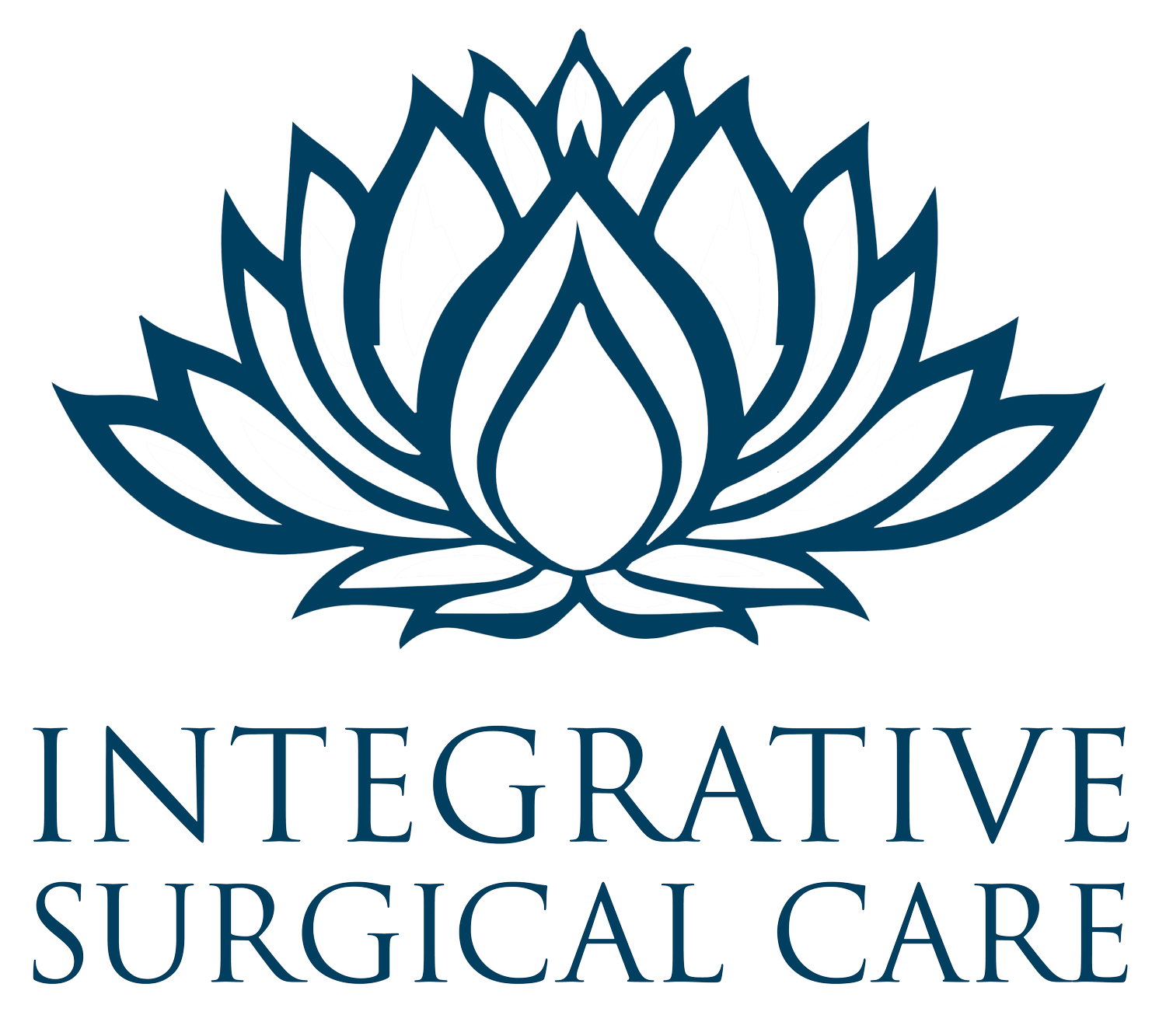A Self-Reflection Exercise to Advance Your Recovery from Surgery
Use the following questions to learn more about your surgical wellness strength, weaknesses, and interests. Follow those leads to optimize your mind, body, and spirit to thrive with surgery! I want you to take a few minutes to yourself, in a place where you can think, and consider how your disease, symptoms, or injury and the need for surgery have affected you in the following ways:
Sleep: do you wake up a lot, are you tired from dealing with your health issues, is the quality of your sleep affected? Are you losing sleep over the upcoming surgery? Have you considered the effects of sleep on how you will thrive after surgery?
Nutrition: Are you able to focus attention on your nutrition? If not, why? What is holding you back? If yes, then why are you able to focus on this? What is motivating you? How will your desire to thrive with surgery motivate you ahead of time and then after to optimize your nutrition?
Microbiome: Have you given any consideration to how the gut and mouth and nose bacteria are affecting your physical and mental health? How they are affecting your health going into surgery and how they will affect thriving with surgery? Have you started caring for that part of you? If so, why? If not, why not?
Pain/discomfort: do you have pain or discomfort? how are you dealing with it? Are you dealing with it or ignoring it? Is it affecting daily functioning or sleep? Is it always there in the background? How will you anticipate and tolerate and treat the pain from surgery in order to thrive with the pain?
Mobility: Do you have full or reduced mobility? How has your health problem/injury affected your mobility? How do you see mobility affected by surgery during the recovery period and then after? What measures have you taken or are you willing to take to improve this before surgery and prepare yourself for surviving and thriving after surgery?
Inflammation: Do you have aches and pains, skin sensitivities, or gut issues for which there is no conventional diagnosis? Have you considered if your body has underlying inflammation that you can’t feel outright but may be affecting every system of your body? And how this “difficult to detect” inflammation will affect surviving and thriving after surgery?
Stress/Relationships: How has the stress of your health issues and upcoming surgery impacted the normal stress in your life, and then how has it affected the relationships in your life? Relationships with people, your work, hobbies, that which you find fun in life? How have past traumas influenced your coping with this new diagnosis/injury and upcoming surgery? How will your stress level and ability to cope with stress impact surviving surgery and if you’ll thrive or not thrive with surgery? Do you have stress coping skills? What are they?
Reflecting on these questions will guide you on where you need to optimize your overall health and then your surgical health. Most of us need improvement in each category, I know I would, but the good news is that working on one part of you will more than likely help another part, which will help another part, and so on! It’s nice that they are all inter-related in that way. When it feels overwhelming, just pick something to work on that appeals to you and go for it. It does your entire body good!
